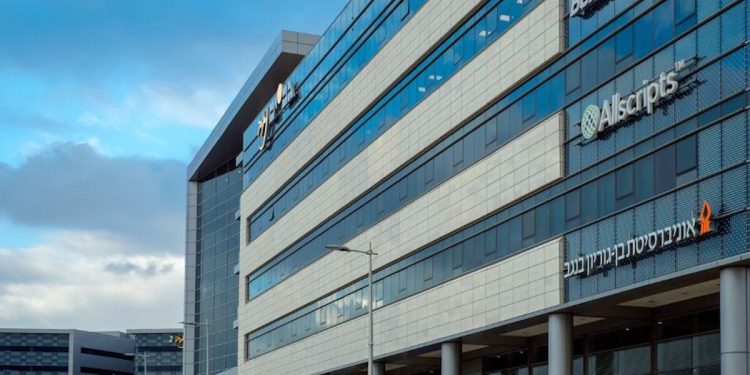Agencies-Gaza post
Beersheba evolves into Israeli technological power
There has been a tremendous shift in Beersheba, a city in southern Israel that was once best known for poverty and other socio-economic problems.
Eight years ago, former Prime Minister Benjamin Netanyahu remarked on the “human capital” of the south, saying: “For the first time there is immigration to the Negev. This is changing its character. Beersheba will be the information capital of the Eastern Hemisphere “.
This prediction is now being fulfilled, even though the Israeli Defense Forces Cyber Intelligence Headquarters did not yet transferred to the Negev. But the move to Beersheba is expected in 2028 and the bulldozers started work in December.
Even without the new foundations, Beersheba is already fueled by IDF veterans and graduates from Ben-Gurion University of the Negev (which has grown from 5,000 to 20,000 students over the past decade). The secondary school system is also strong in technology, and in 2021, 500 high school students studied technology and cyber technology, more than any other concentration.
Cyber breeding And CyberArca two large Boston-based companies recently announced the creation of research and development centers in Beersheba.
The development and activity centers of many IT companies are relocated and built there to take advantage of the region’s benefits. They get quite a bit of government aid in tax breaks and grants to do so. Land and rent prices are also much lower in Beersheba, which is only an hour from Tel Aviv by train or car.
Israel’s National IT Directorate grants tens of millions of shekels a year to companies that move to the region and employ residents of the Negev. The National Cyber Directorate’s National Center for Managing Cyber Events, which has 80 employees, operates from the Beersheba high-tech park, from which it operates the cyber defense umbrella for all infrastructure and the entire Israeli market.
Cyberreason now operates in more than 50 countries and employs more than 1,500 people around the world. In its new center in Beersheba, it is expected to employ more than a hundred people in the region. Over the past year, the company has seen accelerated growth and doubled its employees in Israel to over 500. Reports last February revealed that the company had filed a confidential forecast prior to its issue of shares in the United States, estimating that its shares will be issued worth $ 5 billion.
The company raised $ 750 million from major companies around the world, including Japan’s Softbank and Google’s cloud division, which invested $ 50 million. There’s also Liberty Capital, run by former US Treasury Secretary Steven Mnuchin, who is also director of Cybereason.
CyberArk has announced that it will expand its research and development campus and will also add at least 100 workers. Chen Bitan Cyberark’s chief executive and chief product officer said in an interview that not only does the move have major benefits for the company, but it is a Zionist mission to bring high-tech from the center of the country to the periphery.
The Gav-Yam Negev Park plans to include 200,000 square meters of office, laboratory and retail space. The park was created by the Gav-Yam company in collaboration with the city of Beersheba, Ben-Gurion University and the American-Japanese company KUD. The park is expected to grow alongside the nearby new IDF tele-processing campus now under construction, where it will serve 7,000 conscripts and officers in elite technology units. It is expected to comprise 15 buildings and employ 10,000 high-tech workers.
Israel has long had a reputation as a cyber superpower, starting with the IT units of the IDF and continuing with software company CheckPoint, Nir Zuk’s Palo Alto Networks and companies like SentinelOne and Cybereason. Investments in the sector have been thriving. Many of the Israeli unicorn companies of the past couple of years are IT companies including Cheq, Wiz, and Pantera.
However, the lack of human resources in these fields is slowing the growth of Israeli IT companies. The training provided by the IDF cyber units provides the Israeli ecosystem with a steady stream of workers and new entrepreneurs, but this supply is not enough to fuel growth on the ground and Israel is facing a human resources crisis. At this time, there is no government plan to address this problem, nor is there a government stable enough to create one.
The war in Ukraine put some 20,000 Ukrainians working remotely for Israeli technology companies on hold. There are efforts to find new workers in Morocco, Georgia, India and elsewhere, but the demand is greater than the supply. Hopefully, the focus on tech education in Beersheba will meet some of this demand and turn poor outlying cities into thriving tech hubs.

















